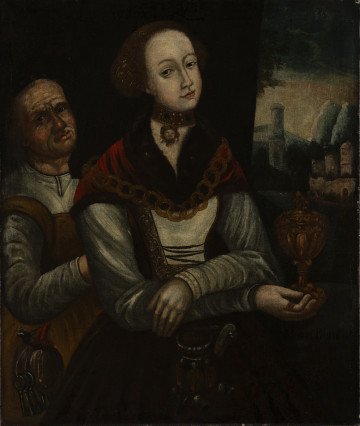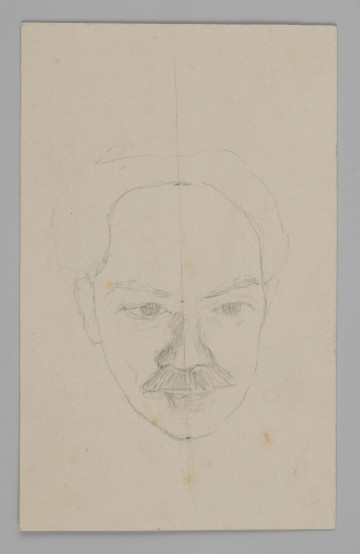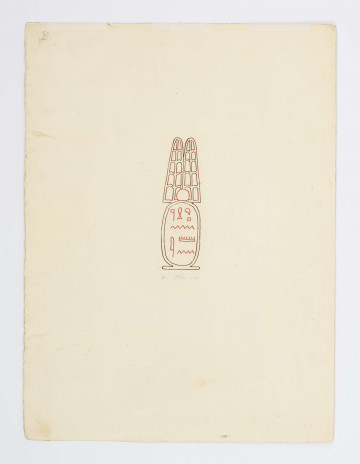
Sidonia von Borcken gestalt in ihrer Jugend wie ihrem Alter | Sidonia von Borcke represented as a young and old woman
1701 — 1800
National Museum in Szczecin
Part of the collection: Polish landscape painting (19th–1st half of the 20th c.)
The body of work of Józef Pankiewicz (1866–1940), an outstanding painter and graphic artist, a professor at the Academy of Fine Arts in Kraków as well as at the Paris branch of the University, was influenced by modern trends in Western European painting. In 1889, Pankiewicz, together with Władysław Podkowiński, set off to improve his skills to Paris, where he was one of the first Polish artists to come across the works of French Impressionists. Later he returned to France many times, and in 1939 he settled permanently in La Ciôtat. Contact with French art was of a key importance in shaping his artistic awareness, which was largely influenced by the paintings of Paul Cézanne and Pierre Bonnard. Influenced by Bonnard, Pankiewicz turned to the colour qualities of the canvas, combining them with the compositional discipline taken over from Cezanne. In 1909, together with Bonnard, he travelled to Saint Tropez, where, enchanted by the Mediterranean landscape of the south of France, he spent the summer months. Due to the growing popularity of the town among tourists, the artist soon moved to the picturesquely situated port of Sanary; He also travelled to the vicinity of Cassis and La Ciotat. In the 1920s after years of fascination with avant-garde art trends his work began to gravitate towards more traditional aesthetics, an example of which is the discussed landscape from the south of France, based on direct observation of nature. Wandering around the area, Pankiewicz repeatedly used the same motifs, only slightly changing the composition approaches. He was particularly focused on the hills covered with pine trees and olive groves - his attention was drawn to the fluffy crowns of trees with shapes that gently blurred in the midday sun. With quick lines of blurred contours the artist captured their characteristic shape and beauty emphasized by subtle shading. A carefully thought-out composition, devoid of excessive detail, built primarily by lush vegetation hiding the architecture of residential buildings pushed to the background concentrates around the central, expansive olive tree is treated by the artist as a structural element.
Anna Hałata
Author / creator
Dimensions
cały obiekt: height: 60 cm, width: 40 cm
Object type
drawing
Technique
drawing technique
Material
paper, crayon
Creation time / dating
Creation / finding place
Owner
The National Museum in Lublin
Identification number
Location / status

1701 — 1800
National Museum in Szczecin

1913
National Museum in Lublin

1914 — 1924
National Museum in Lublin
DISCOVER this TOPIC
Castle Museum in Łańcut
DISCOVER this PATH
Educational path